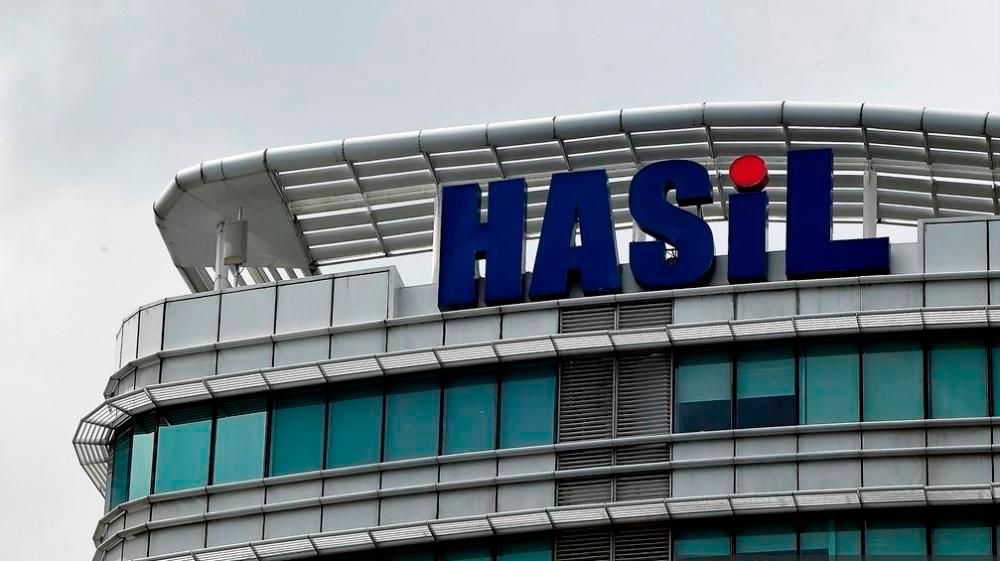THE Inland Revenue Board (IRB) is very serious about the introduction of e-invoicing. There is no turning back.
From June 1, 2024, large taxpayers whose turnover will exceed RM100 million are mandatorily required to use e-invoices and, gradually, every taxpayer undertaking commercial activities in Malaysia will be in the system by 2027.
Last week, the IRB issued a revised e-invoice guideline and a 116-page document providing further guidance on specific areas of e-invoicing. Although all taxpayers undertaking commercial activities in Malaysia will be covered by the e-invoicing system, there are exemptions from implementing e-invoice.
The exempted parties are rulers, ruling chiefs, consorts of rulers (present and past), federal government, state governments and state authorities, local authorities, statutory authorities and statutory bodies, consular officers and diplomatic officers and facilities provided by government, government bodies and government facilities such as clinics, multipurpose halls, etc. These persons and authorities do not need to issue e-invoices, but their suppliers must issue e-invoices.
E-invoices are not required to be issued for employment income, pensions, alimony, zakat and scholarships. Companies listed on the stock exchange will be exempted from issuing e-invoices for dividend payments. However, other companies distributing profits to their shareholders are required to issue e-invoices to the recipients. Here, the requirement is for the payer to issue a self-billed invoice.
With the latest guidelines, the concept of self-billed invoice is introduced.
The circumstances under one would self-bill an invoice is when you receive goods or services from a foreign party who is not registered in Malaysia, payments made to agents, dealers and distributors, e-commerce transactions and acquisition of goods and services from individual taxpayers who are not in business.
Businesses dealing with consumers need not issue an e-invoice on every sale. They can provide normal invoices to the customers. Such businesses can issue a consolidated invoice for the particular month, and this has to be done within seven days after the month’s end. Consumers who require an e-invoice can request an e-invoice within the month of the purchase.
An interesting development is that invoices issued by the person registered under the e-invoicing system has to be validated or rejected by the purchaser within 72 hours. Otherwise, the invoice becomes final. In the event of a dispute, the only way to reverse the transaction is to issue a credit note and another invoice for the revised amount.
Employees receiving benefits in kind and perquisites are now required generally to obtain e-invoices either in their own name or the employer’s name. This will include items such as utility bills, parking fees, club memberships, professional subscriptions, etc.
The problem will be whether the organisation will be prepared to issue such invoices in the name of the employer. If they are agreeable, there is a requirement to provide information to the supplier about the employer such as Tax Information Number, employer registration number, and a lot more details which may be burdensome to the employees.
The other alternative is for the employee to provide the details in his own name. The practicality of requiring employees to produce e-invoices needs to be re-examined by the IRB to reduce the burden on the employees.
It is important for every taxpayer who is involved in any commercial activity to familiarise themself with the e-invoicing guideline and the specific guidelines to find out how to tailor the accounting system or software to meet the requirements of the e-invoicing system.
The most important step initially is to identify the transactions that will be caught within the e-invoicing system and determine whether your current facilities can cope with it. Despite 171 pages of guidance issued by the IRB, there will definitely be issues that will be uncertain, or particular circumstances that will not be covered.
It is important to identify the problems and seek advice from the IRB or advice from experienced consultants. It is also important to get into the e-invoicing system early. The IRB is willing to allow selected taxpayers to pilot test their system before the commencement of e-invoicing.
You should use this opportunity before you go live.
This article is contributed by Thannees Tax Consulting Services Sdn Bhd managing director
SM Thanneermalai (www.thannees.com).









